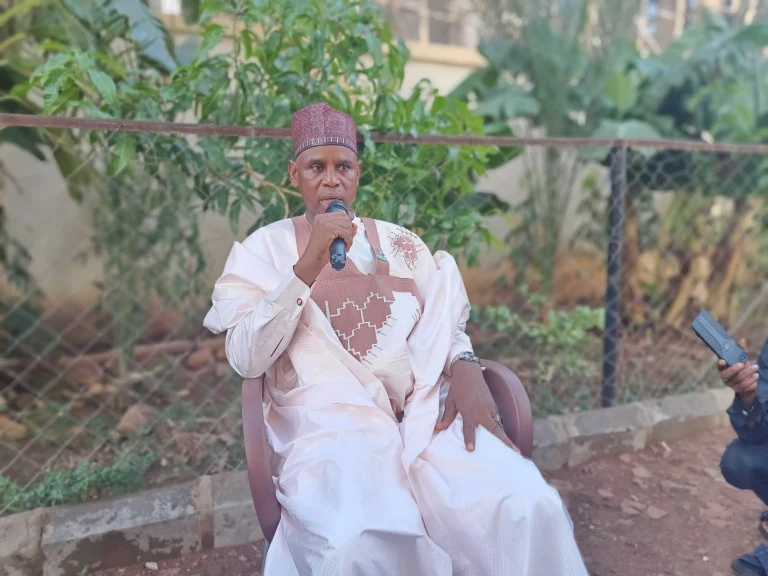Minister of State for Works, Bello Mohammed Goronyo, has reaffirmed the Tinubu administration’s resolve to transform Nigeria’s infrastructure landscape, including road networks, declaring that “without infrastructure, there’s no prosperity.”
Speaking during an interactive session with journalists in Sokoto, Goronyo highlighted key achievements of the Federal Government under the Renewed Hope Agenda, particularly in the road sector. He said President Bola Ahmed Tinubu inherited over 36,000 kilometers of roads — many either abandoned, ongoing, or in poor condition — but has prioritized infrastructure as the cornerstone of Nigeria’s economic growth.
“Roads unlock economic potential, create jobs, and drive up the GDP. Infrastructure is the oxygen of our economy,” Goronyo said.
The minister disclosed that Tinubu has launched four major “legacy” projects. These include:
- The 750km Lagos-Calabar Coastal Highway, with section one already completed and commissioned.
- The 1,068km Sokoto-Badagry Superhighway, now under construction, criss-crosses seven states from Sokoto to Lagos;
- The 450km Igbo-Ini–Benue–Nasarawa–FCT Road, and;
- The Akwanga–Jos–Bauchi–Gombe corridor, which will terminate in Adamawa State.
He also revealed that parts of the Zaria–Sheme–Gusau–Mafara–Sokoto road, a 375km route now being built with reinforced concrete for durability, are already 40–50km complete. The minister noted that concrete roads can last over 50 years, far outperforming asphalt roads.
Touching on the long-deteriorated Abuja–Kaduna–Zaria–Kano highway, Goronyo said the Tinubu administration took urgent palliative steps to ease the suffering of commuters, cutting travel time from Abuja to Kaduna from over four hours to just two.
“President Tinubu personally ordered immediate interventions. This route is vital for national security, commerce, and mobility,” he said, confirming that the road will soon extend to link Kano airport directly.
Accountability, PPPs, and transparency
In response to questions from journalists, the Minister clarified that some projects, such as the Sokoto-Zaria Road, had to be rescoped due to funding and terrain constraints. The road’s length was reduced from 375km to 82.4km in the immediate phase.
“We have not abandoned the rest. It’s being implemented in phases to ensure quality and accountability,” he explained.
He further revealed that the ministry is leveraging Public-Private Partnerships (PPPs) to overcome budgetary limitations, citing examples such as the Apapa-Oshodi-Oworonshoki Expressway, financed through private sector investment.
Equity, railways, and maintenance
On equitable project distribution, Goronyo said projects are spread across all six geopolitical zones based on strategic importance and economic impact. He stressed that road abuse, overloading, and lack of maintenance were major threats, but the ministry is responding through user taxes on PMS and diesel, meant to fund repairs.
On railway development, he assured that the federal government is equally focused on rail infrastructure to complement road transport, reduce pressure on highways, and support the economy.
Sokoto state: Transformation under Governor Ahmed Aliyu
Goronyo praised Sokoto State Governor Dr. Ahmed Aliyu for his “remarkable transformation of the state,” citing road constructions, widespread solar street lighting, religious infrastructure upgrades, and major interventions in health, education, and youth empowerment.
“People who left Sokoto two years ago won’t recognize it today. We thank God for Governor Aliyu and pray for his continued success,” he said.
Minister Goronyo concluded by thanking the media for playing a crucial role in bridging the government and citizens, urging journalists to continue spotlighting issues that need fixing.
“President Tinubu is matching words with action. We’re opening Nigeria for business, and it starts with fixing our roads,” he added.


